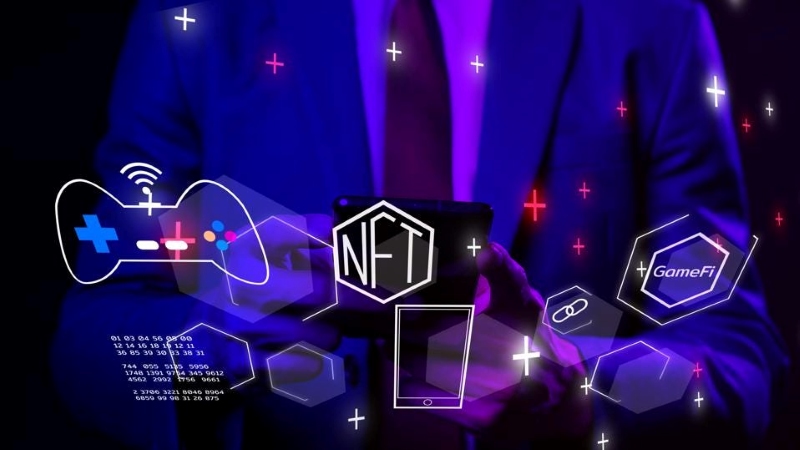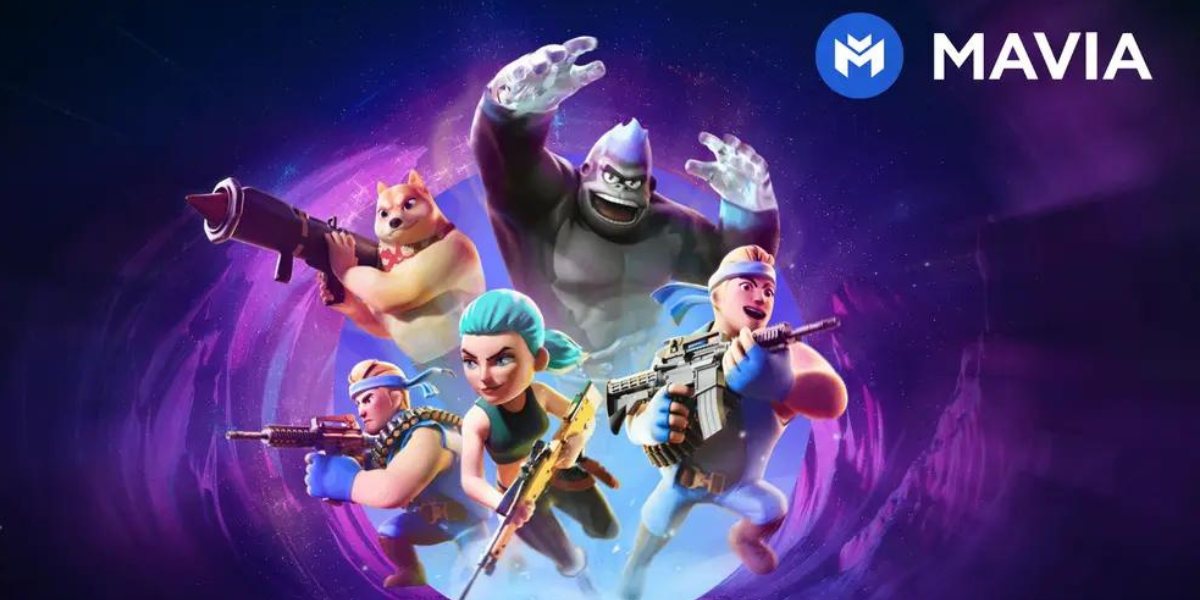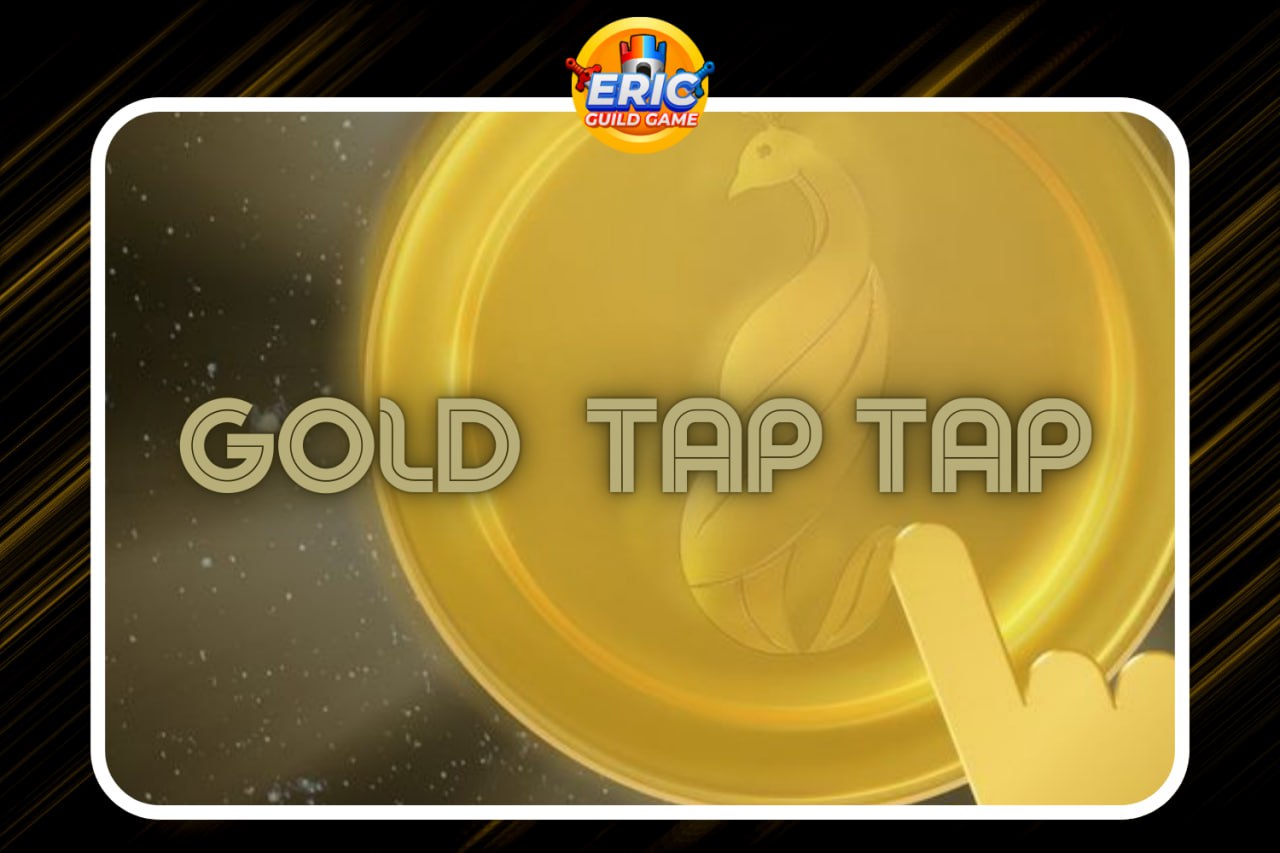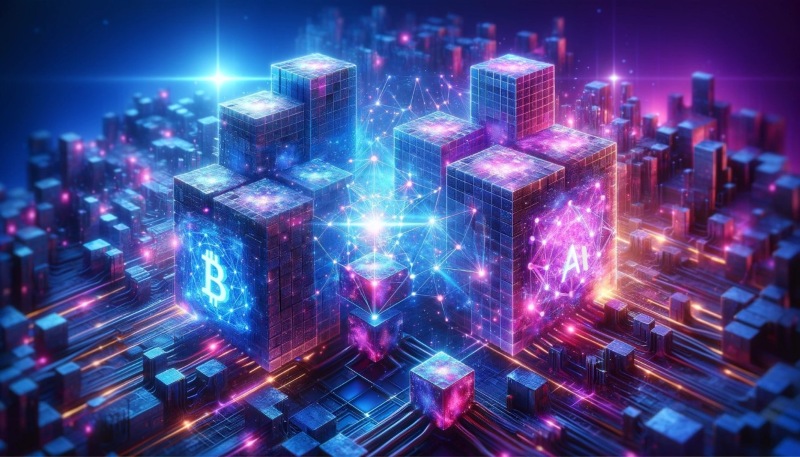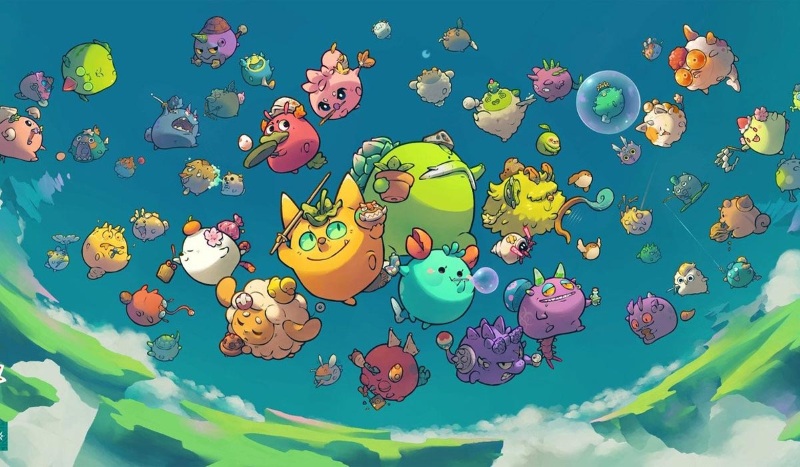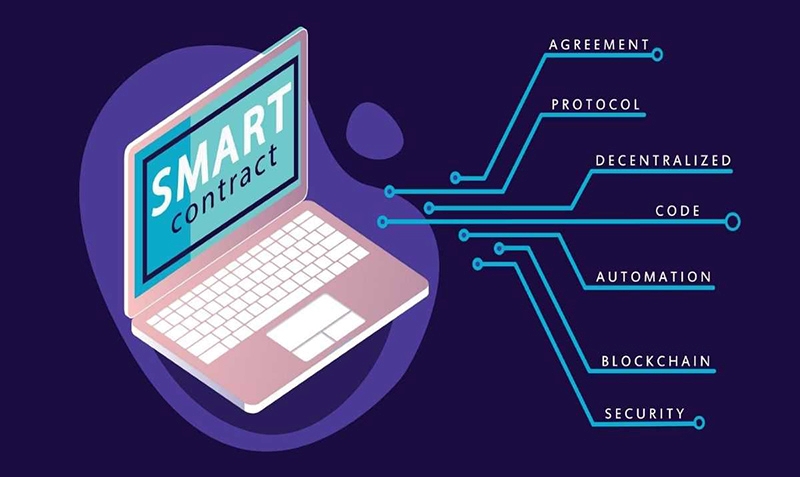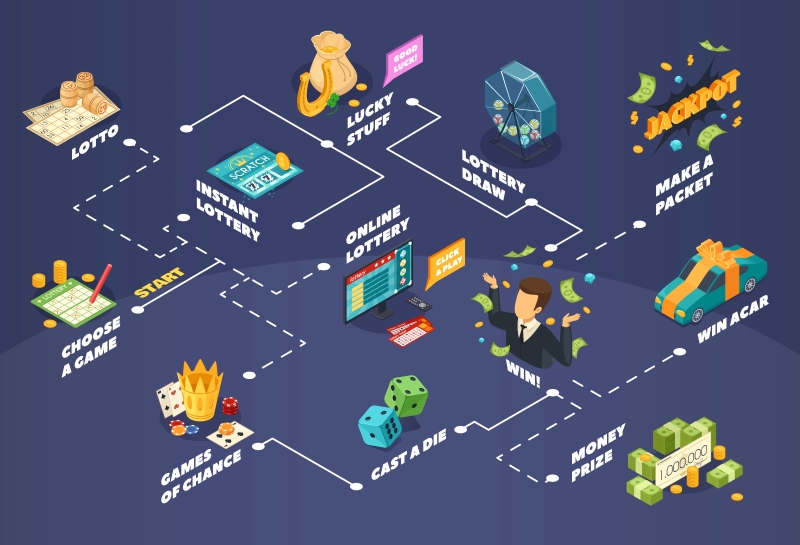Applications of blockchain technology are revolutionizing industries, from finance to healthcare, impact real-life scenarios and future innovations.
Giới thiệu
Blockchain technology is no longer confined to cryptocurrency transactions; it has evolved into a transformative force across multiple industries. The applications of blockchain technology range from securing financial transactions to enhancing supply chain transparency. This guide explores how blockchain technology applications are shaping real-world sectors, providing examples, benefits, and future trends.
Understanding Blockchain Technology
Blockchain is a decentralized, distributed ledger technology that records transactions across multiple nodes in a secure and immutable manner. Each transaction is added to a block, which is then linked to a chain of previous transactions, ensuring tamper-proof and transparent records.
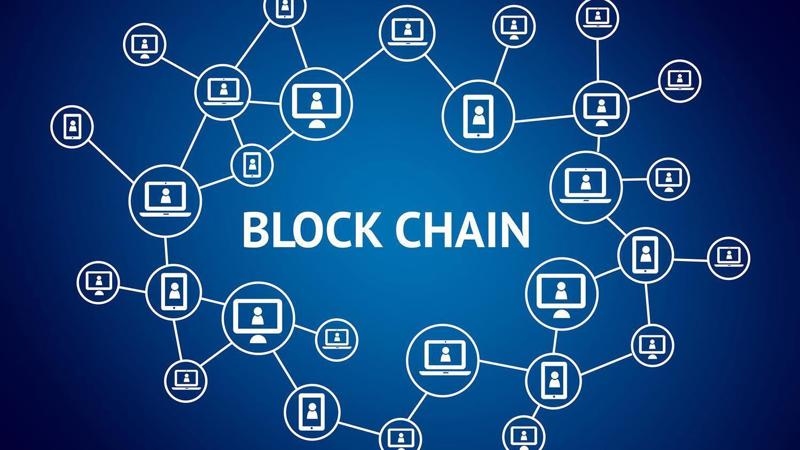
Key Features of Blockchain
Blockchain technology offers several unique features that differentiate it from traditional databases and transaction systems:
- Phân cấp: Unlike centralized systems where a single entity controls the database, blockchain operates on a distributed network of nodes. Each participant in the network maintains a copy of the ledger, ensuring no single point of failure and reducing the risk of data manipulation.
- Tính minh bạch: All transactions recorded on the blockchain are visible to participants within the network. This transparency enhances trust among stakeholders, particularly in supply chains, voting systems, and financial transactions.
- Bảo vệ: Blockchain employs cryptographic hashing and digital signatures to secure transactions. Each block contains a unique cryptographic hash of the previous block, making it nearly impossible to alter transaction records retroactively without altering every subsequent block in the chain.
- Sự bất biến: Once a transaction is recorded on the blockchain, it cannot be changed or deleted. This feature ensures data integrity and prevents fraud, making blockchain highly reliable for applications such as digital identity management and record-keeping.
- Hợp đồng thông minh: These are self-executing contracts with terms written directly into the code. Smart contracts automatically enforce agreements when predefined conditions are met, reducing the need for intermediaries and streamlining processes in finance, real estate, and insurance industries.
- Consensus Mechanisms: Blockchain networks rely on consensus mechanisms to validate transactions. Common consensus models include:
- Proof of Work (PoW): Requires miners to solve complex mathematical problems to validate transactions (e.g., Bitcoin).
- Proof of Stake (PoS): Participants stake their tokens to validate transactions and secure the network (e.g., Ethereum 2.0).
- Delegated Proof of Stake (DPoS) Và Practical Byzantine Fault Tolerance (PBFT): Alternative models used in enterprise and permissioned blockchains.
How Blockchain Works
Blockchain operates through a structured process that ensures security, transparency, and decentralization. Below is a step-by-step breakdown of how blockchain technology functions:
- Transaction Initiation:
- A user initiates a transaction, such as sending cryptocurrency, verifying a digital document, or executing a smart contract.
- Transaction Broadcast:
- The transaction is transmitted to a peer-to-peer (P2P) network of nodes that verify its validity.
- Validation and Consensus:
- Nodes in the network use a consensus mechanism (e.g., PoW or PoS) to confirm the legitimacy of the transaction.
- Miners or validators check whether the sender has sufficient balance (in financial transactions) or whether contract conditions are met (in smart contract execution).
- Block Creation:
- Verified transactions are grouped together into a block.
- The new block contains a unique cryptographic hash of the previous block, timestamp, and transaction data.
- Adding the Block to the Blockchain:
- Once consensus is reached, the block is added to the blockchain.
- Each block is linked to the previous block, forming a continuous, immutable ledger.
- Decentralized Distribution:
- The updated blockchain is replicated across all network nodes, ensuring every participant has the same copy of the ledger.
- Completion and Confirmation:
- The transaction is considered final and irreversible.
- Depending on the network, users may need multiple confirmations before fully validating the transaction.
Blockchain technology’s ability to provide security, transparency, and efficiency makes it suitable for numerous industries, from banking and healthcare to logistics and public administration.
Application Areas of Blockchain Technology
Financial Services and Banking
The financial sector has been at the forefront of application of công nghệ blockchain, leveraging its security and transparency. It is transforming traditional banking in several ways:
- Cross-border payments: Enables near-instant transactions with reduced fees.
- Smart contracts: Automates agreements such as insurance policies and mortgages.
- Fraud prevention: Reduces identity theft and unauthorized transactions through immutable records.
- Tài chính phi tập trung (DeFi): Provides users with access to financial services without intermediaries.
Example: Ripple and Stellar use blockchain for real-time cross-border transactions, reducing costs and improving efficiency.
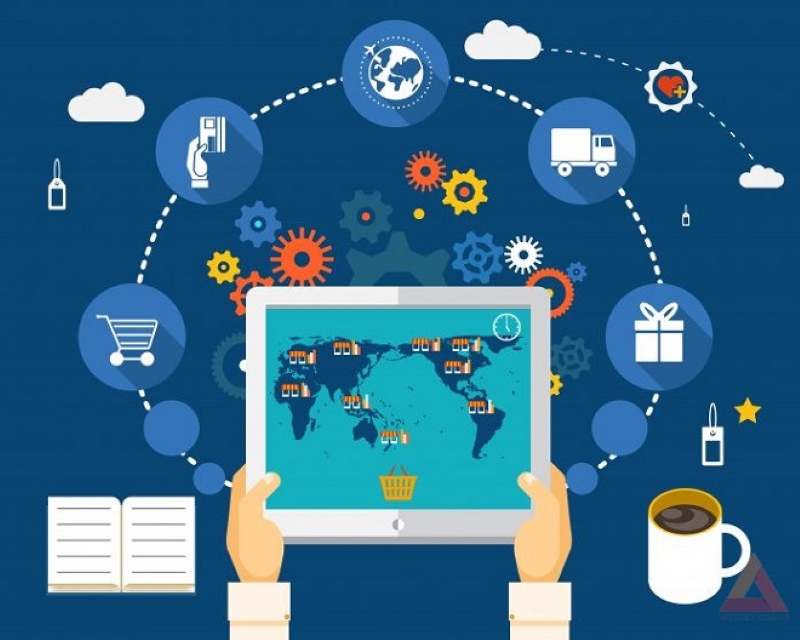
Supply Chain and Logistics
Blockchain applications in real life have significantly impacted supply chain management by increasing transparency and efficiency. Key benefits include:
- Product tracking: Enables end-to-end visibility of goods.
- Authenticity verification: Prevents counterfeit goods in pharmaceuticals and luxury industries.
- Automated customs clearance: Reduces delays and paperwork for international trade.
- Supplier management: Enhances trust between suppliers and buyers through verifiable transaction records.
Example: IBM’s Food Trust Blockchain allows businesses to trace food supply chains, improving safety and quality control.
Healthcare Industry
Blockchain enhances data security and interoperability in healthcare by:
- Secure patient records: Prevents unauthorized data access and ensures privacy.
- Drug supply chain monitoring: Tracks pharmaceuticals from manufacturer to patient.
- Clinical trials management: Provides immutable records for research and regulatory compliance.
- Telemedicine integration: Enhances trust and security in digital healthcare services.
Example: MedRec uses blockchain to store and share medical data securely, reducing administrative burdens.
Real Estate
Blockchain streamlines property transactions, making them more secure and efficient:
- Land registry: Prevents fraud and ensures ownership legitimacy.
- Smart contracts: Automates property sale agreements and mortgage approvals.
- Tokenized real estate: Enables fractional property ownership, increasing accessibility to investments.
Example: Propy utilizes blockchain to facilitate digital real estate transactions worldwide.
Government and Public Sector
Governments implement blockchain technology and applications to improve transparency and efficiency in public administration:
- Digital identity management: Reduces fraud in personal identification.
- Electronic voting systems: Enhances security and prevents election fraud.
- Public record management: Secures land ownership and tax records.
Example: Estonia’s e-Governance system uses blockchain for secure digital identity and document verification.
Non-Fungible Tokens (NFTs) and Digital Art
NFTs are among the most widely recognized blockchain applications examples, enabling unique digital asset ownership:
- Artists monetize digital creations without intermediaries.
- Gaming industry adoption allows ownership of in-game assets.
- Virtual real estate enables the purchase of digital land and property.
Example: OpenSea is a leading marketplace for NFTs and chơi để kiếm trò chơi blockchain, allowing artists and collectors to trade unique digital assets,
Blockchain in IoT and Smart Cities
Blockchain integrates with the Internet of Things (IoT) to enhance smart city solutions:
- Energy management: Tracks and optimizes electricity distribution.
- Smart contracts for utilities: Automates billing and energy transactions.
- Connected vehicles: Ensures secure data transmission between autonomous cars.
Example: IOTA uses blockchain-like technology to secure IoT transactions and improve machine-to-machine communication.
Future of Blockchain Technology
Blockchain is poised to continue its transformative impact on multiple industries. The key trends shaping the future of blockchain applications include:
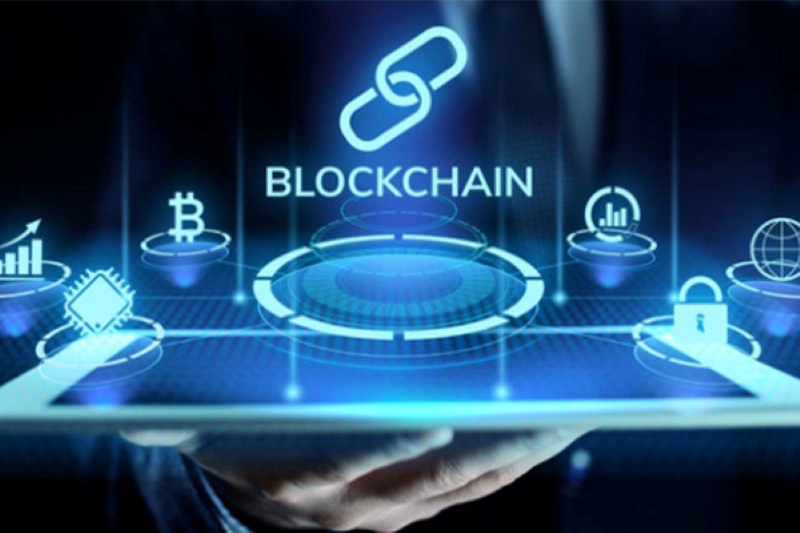
- Khả năng tương tác: Future blockchains will focus on seamless integration between networks, allowing for greater adoption and flexibility across platforms.
- Scalability Enhancements: Layer-2 solutions like Ethereum’s rollups and Lightning Network will address blockchain’s scalability limitations, enabling more transactions per second.
- Enterprise Blockchain Adoption: Large-scale corporations and governments will continue exploring blockchain for business operations, legal frameworks, and identity verification.
- Integration with AI and IoT: Blockchain will enhance AI-driven applications by providing secure, tamper-proof datasets and improving smart contract automation in IoT ecosystems.
- Regulatory Evolution: Governments worldwide are developing legal frameworks to facilitate blockchain adoption while ensuring compliance with security and privacy laws.
- Sustainability and Green Blockchain: PoS mechanisms and carbon offset initiatives will ensure blockchain’s adoption does not negatively impact the environment.
Assessment: The future of blockchain technology looks promising, with major breakthroughs expected in finance, supply chain, digital identity, and decentralized applications (dApps). Organizations that integrate blockchain early will gain a competitive advantage, benefiting from increased transparency, security, and efficiency.
However, regulatory challenges and user adoption will determine the speed of widespread implementation. You should follow tin tức về trò chơi blockchain nguồn thông tin giá trị để có được những hiểu biết sâu sắc về các dự án mới, xu hướng thị trường và những tiến bộ công nghệ.
Phần kết luận
Các applications of blockchain technology continue to disrupt traditional industries, bringing efficiency, security, and transparency to financial services, healthcare, real estate, and beyond. The potential of blockchain applications in real life is vast, and businesses must stay ahead by embracing this revolutionary technology.
Want to explore blockchain further? Follow hội chơi game, participate in industry discussions, or consult with blockchain professionals to implement this technology in your business.
FAQ (Frequently Asked Questions)
Q1: What are some real-life blockchain applications?
A: Blockchain is widely used in banking, healthcare, supply chain, and digital identity verification.
Q2: How does blockchain enhance security?
A: Blockchain employs cryptographic encryption, decentralization, and immutability to prevent fraud and cyber threats.
Q3: Can blockchain replace traditional financial systems?
A: While blockchain improves financial efficiency, full adoption depends on regulatory frameworks and technological advancements.
Q4: Are NFTs a sustainable investment?
A: NFTs are speculative assets; their value is influenced by demand and market trends.
Q5: What industries will blockchain impact in the future?
A: Blockchain is expected to transform sectors including IoT, artificial intelligence, and decentralized finance (DeFi).
